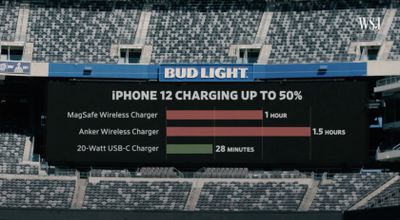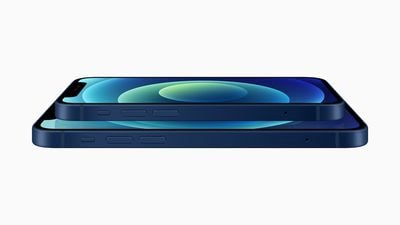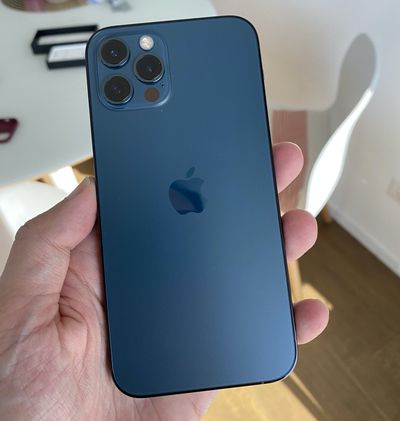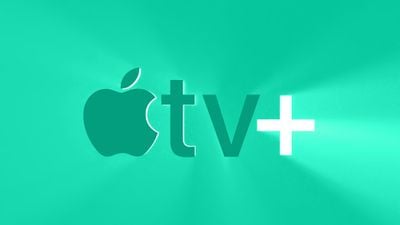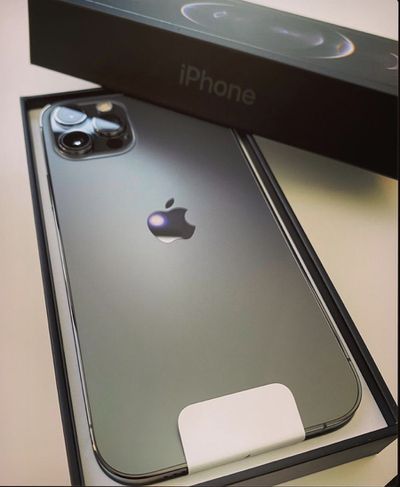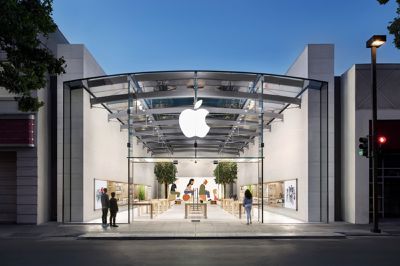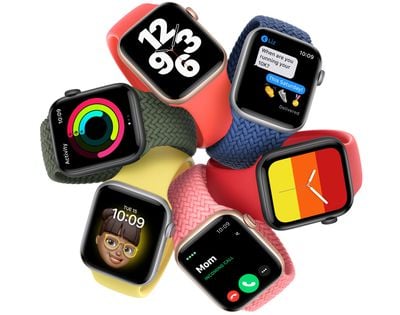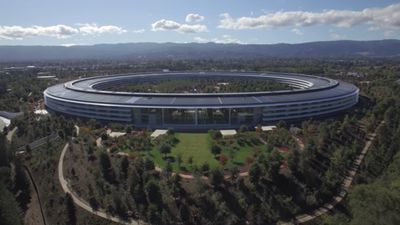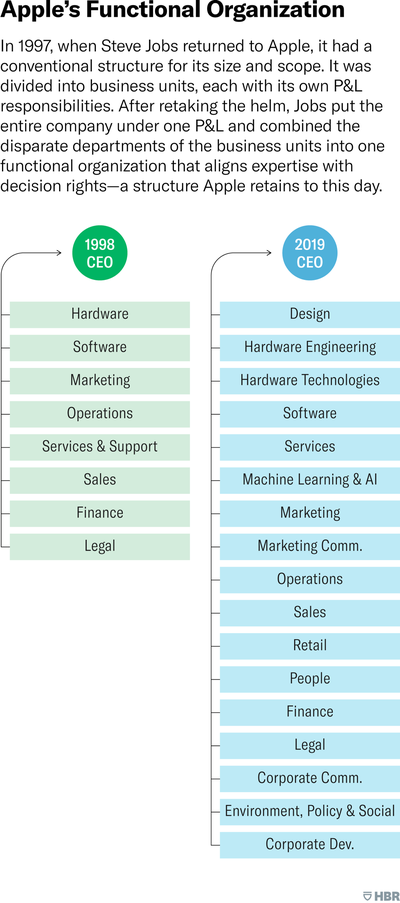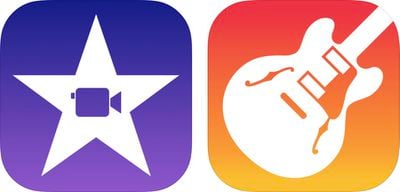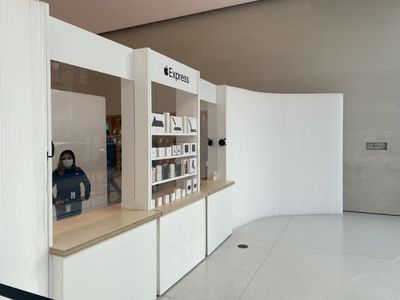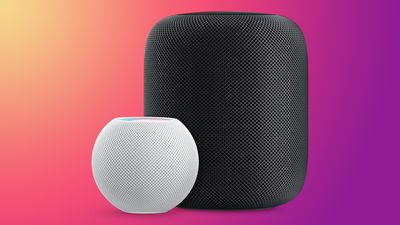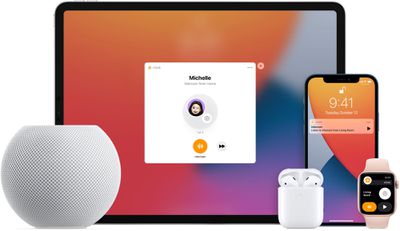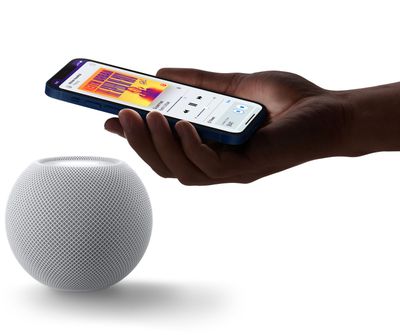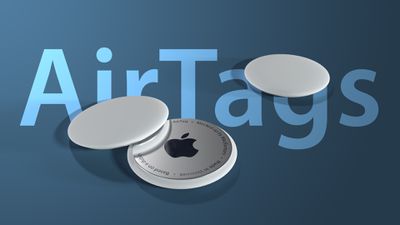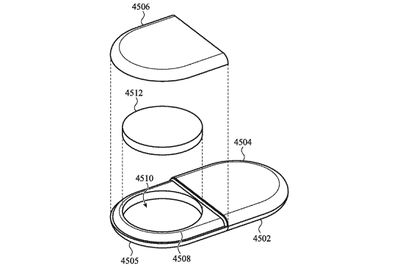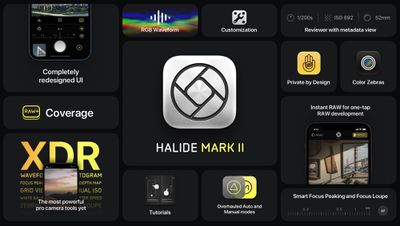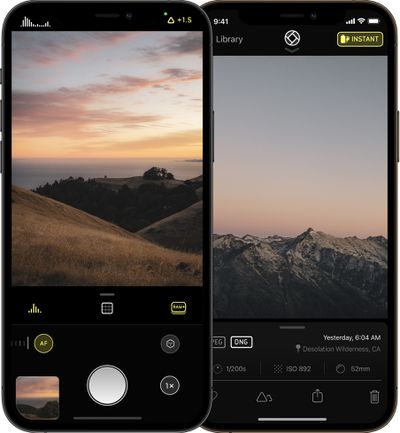The iPhone 12, iPhone 12 Pro, and fourth-generation iPad Air are now available in stores and arriving to customers around the world.
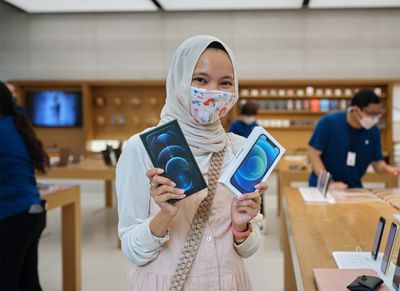
Apple has shared a Newsroom post with a range of images to celebrate the launch of the new products. Over the next 24 hours, the Newsroom post will apparently be updated with photos from around the world.

Our own forum members have started a number of threads for tracking and following their iPhone 12 / 12 Pro orders around the world.
Our U.K. readers have been particularly active this morning, posting images of their iPhone 12 pickups at Apple Stores, and deliveries. This image of the line at the Covent Garden Apple Store was taken by paulopadopa.

Brenster visited Apple Store Manchester Trafford Centre and described the scene:
Apple store Manchester Trafford Centre was quiet first thing this morning. Arrived at 7.55 for an 8.15 IUP reservations. Couldn’t have been more than 10 people outside with no real queue, easily outnumbered by the staff inside the store. Opened up at exactly 8; staff member asked those with reservations to stand to one side. The 4 who didn’t who’d turned up on spec for a chance of a walk-in phone were asked to leave and to make an online reservation.
The 4 with 8am reservations were taken in, and 10 mins later those with 8.15 reservations, a couple more having joined the queue since 8.
In store, everything was running like clockwork; temp check, mask and hand wash on the way in, wipes and hand gel on every table for iPhone deactivation and entering details for the IUP application. Then off to the back of the store to pick out a plum silicone case, then out the door before 8.30am. Back home for 9.20am.
Both Apple Store & Trafford Centre staff were fantastic, their system this morning working fantastically well.
He describes his new 256GB Silver iPhone 12 Pro as "hella nice!" with a premium feel.
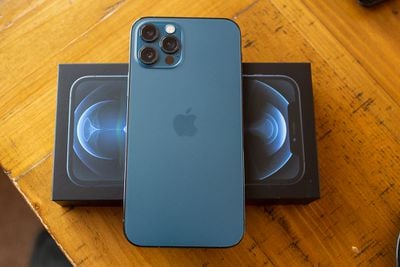
There are a number of other photos of people picking up their iPhones: Pacific Blue, Gold, Booting Up, and even minor defects.
Join our iPhone forums to keep track of deliveries in your region.
U.S. Carrier Pre-Order Threads:
- Apple.com iPhone 12 Pre-Order / Order Status / Delivery Thread
- T-Mobile iPhone 12 Pre-Order Thread
- AT&T iPhone 12 Pre-Order Thread
- Verizon iPhone 12 Pre-Order and Delivery Thread
- Xfinity Mobile iPhone 12 Pre-Order and Delivery Thread
- Sprint iPhone 12 Pre-Order Thread
International Pre-Order Threads:
- UK iPhone 12 Orders and Dispatch Thread
- Europe iPhone 12 Orders and Dispatch Thread
- Canada iPhone 12 Pre Order Thread
- Australia iPhone 12 Orders and Dispatch


